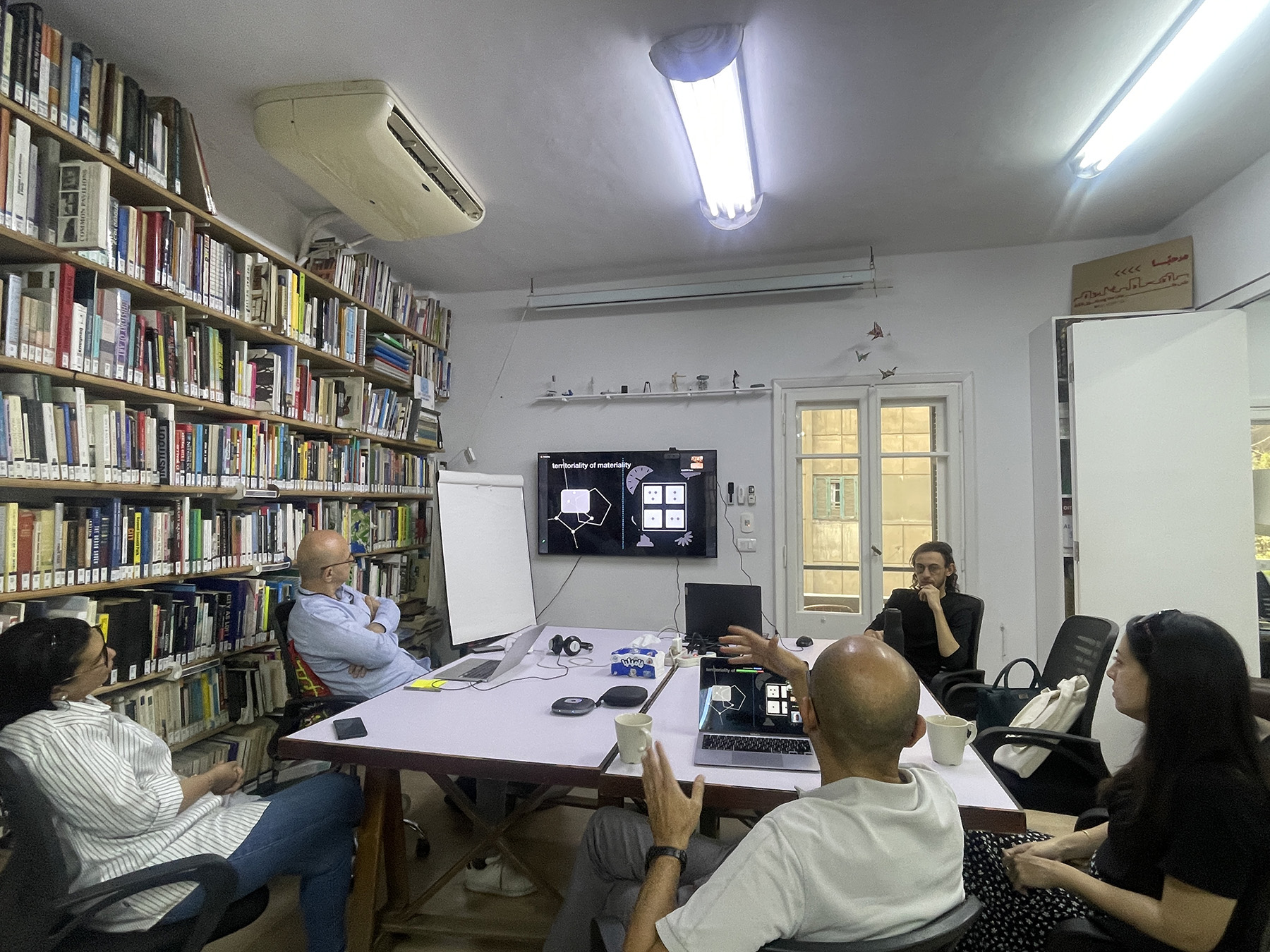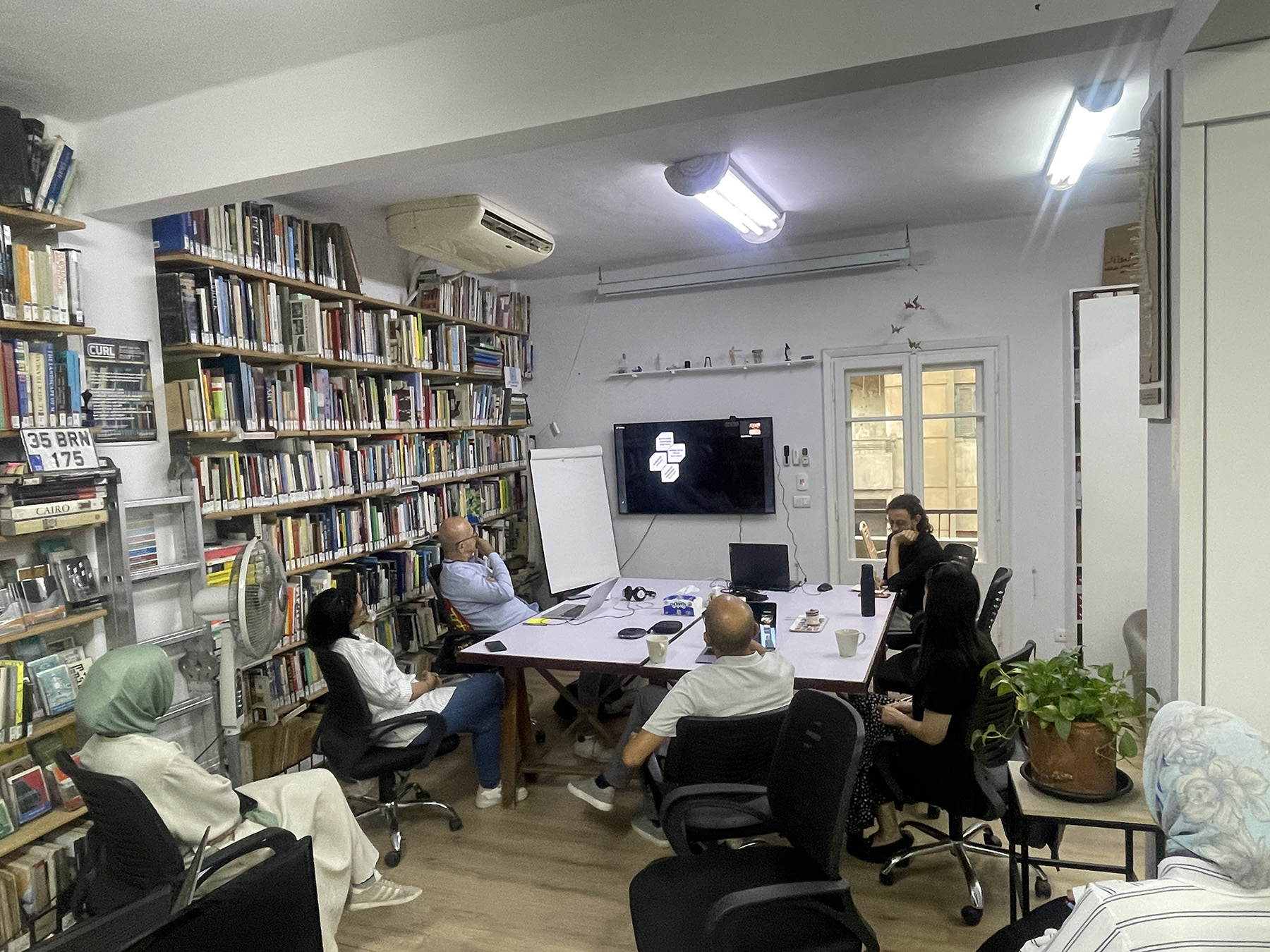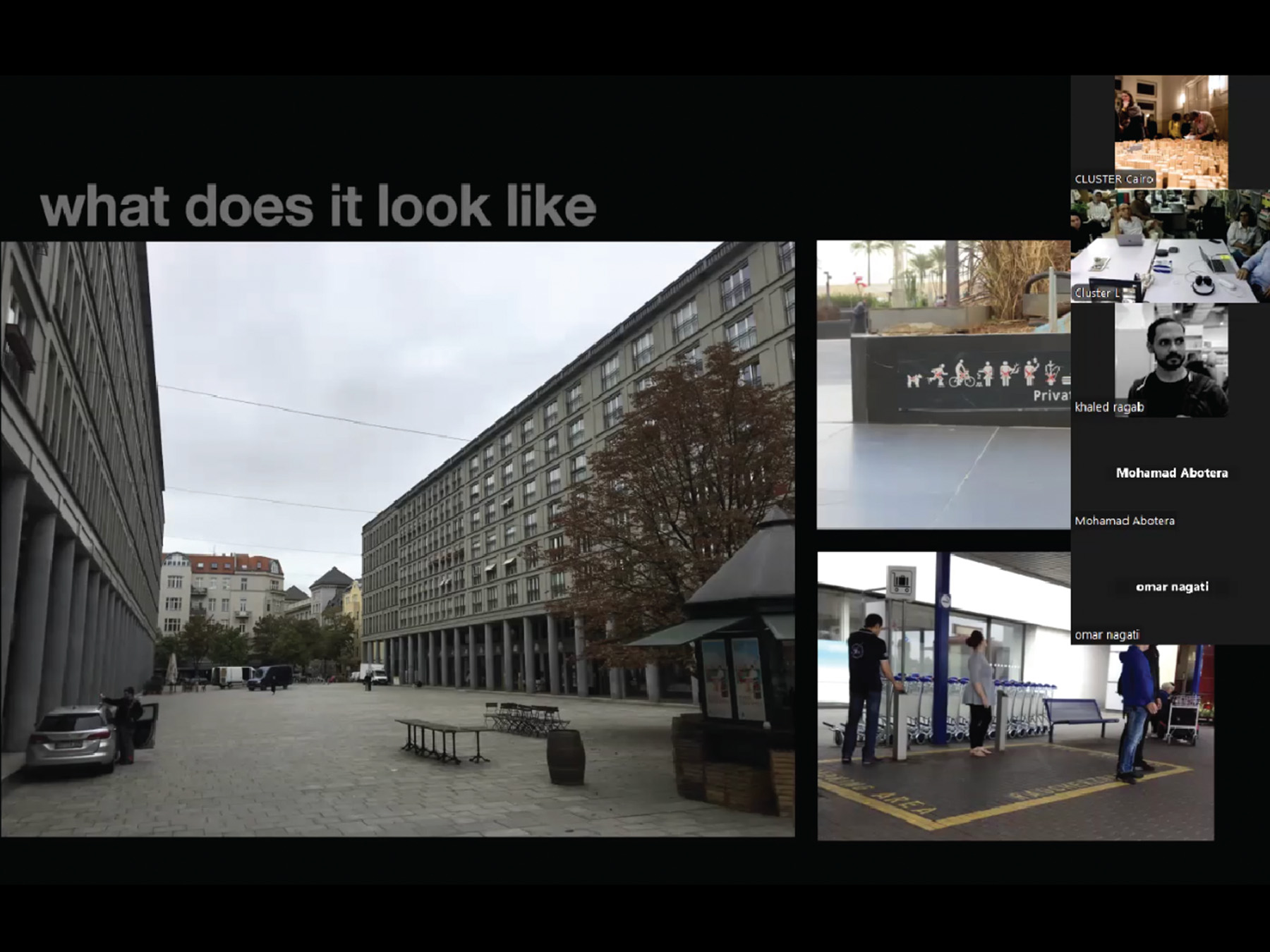Can Spaces Be Neutral? A Territorial Approach for Studying the Neutralisation of Space in Housing Projects
Mohamed Abotera
Mohamed Abotera is an urban researcher and an architect with professional experience in cultural and urban development. He studied architectural design in Egypt then obtained a MA degree in architecture, cultural identity and globalisation from the University of Westminster in 2007, followed by a PhD in architecture from the University of Antwerp In 2024.
When a place is not allowed to have different meanings and rules, some may consider it as ordered and controlled. Others may also describe it as abstract, depoliticised, neutral, or a paralysed instrument. They are spaces normally produced through prohibiting different stakeholders from co-production; therefore, foreclosing potentials.
This is normalised in some places such as airports or prisons, but it becomes more questionable in public and residential spaces – especially when claimed to be unbiassed or inclusive. The enforcement of singularity on space has to disrupt and reduce its essential complexity. It is an establishment through negation. I describe the process as the neutralisation of space.
Architecture is always summoned for this purpose, but how exactly? And how can we indicate its effectiveness? I propose to use a perspective of territoriality and scripting. In this presentation, I will mainly use examples from al-Asmarat housing project and Maspero in Cairo.








